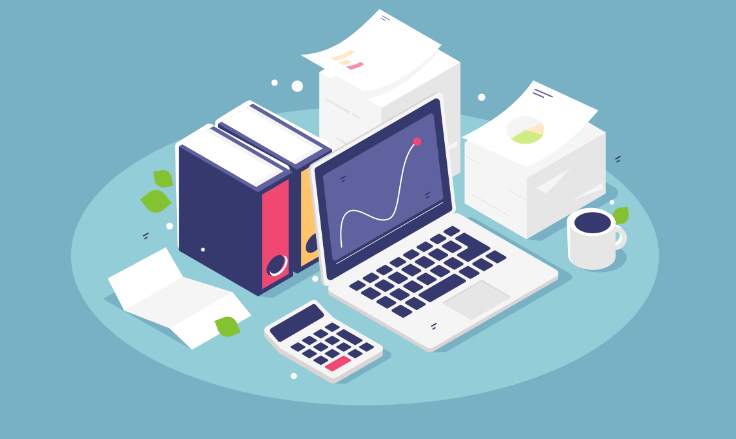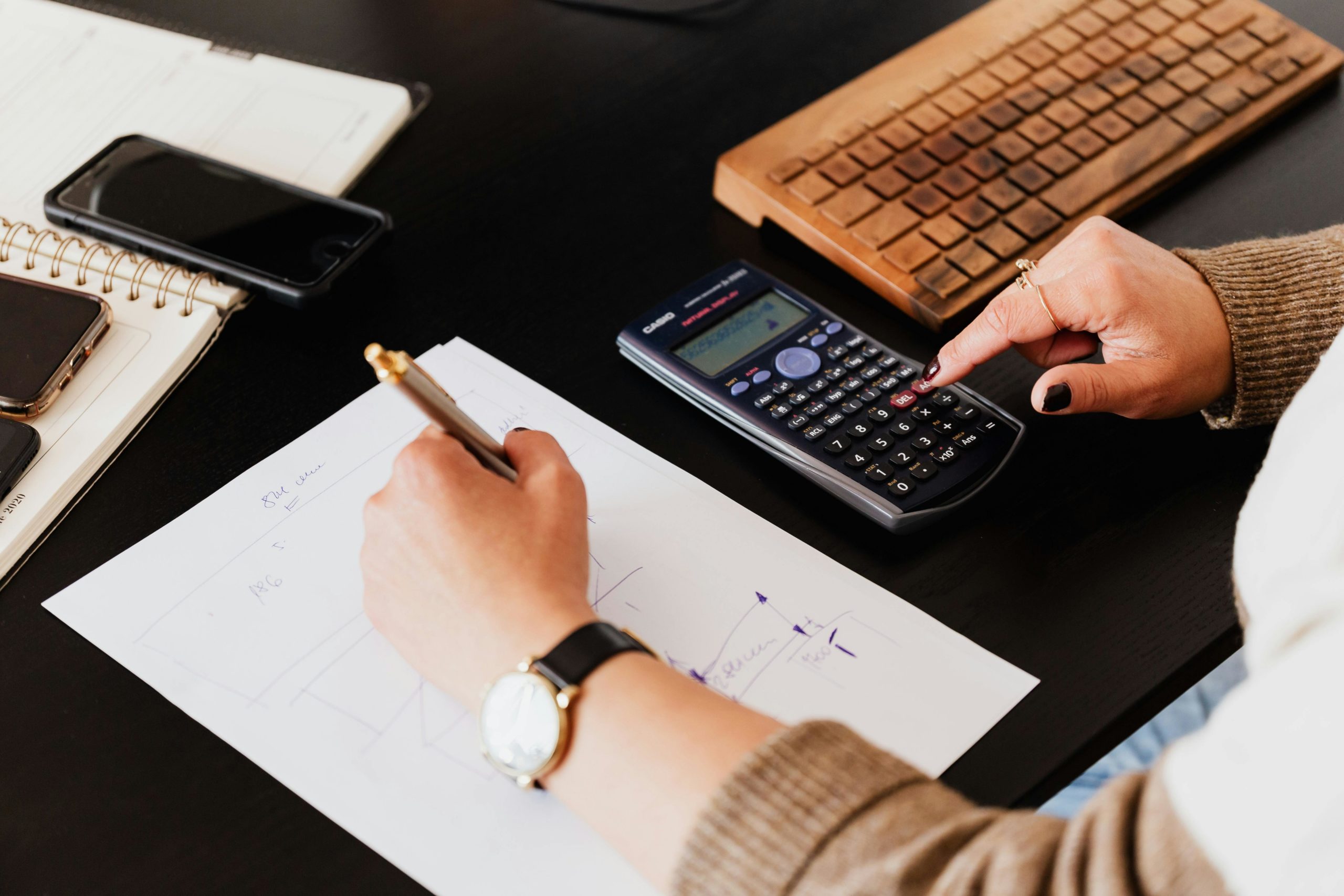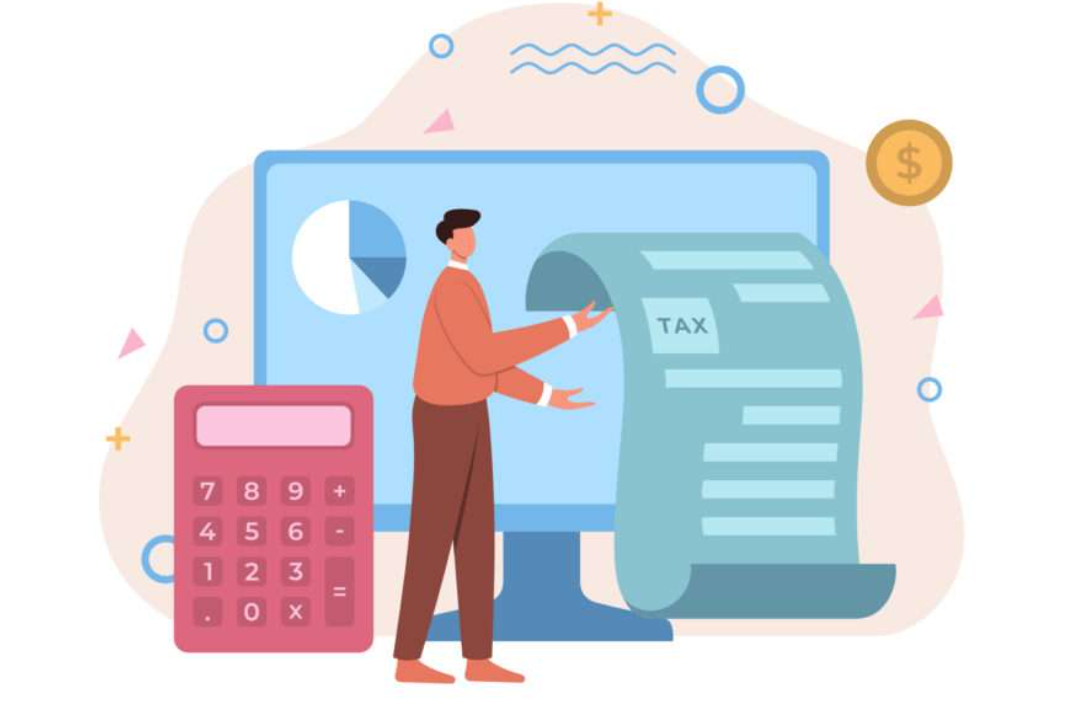More About Self Assessment

Navigating the Maze of Self Assessment: A Guide for the Self-Employed
Introduction
Ah, the joys of being self-employed – the freedom, the flexibility, and of course, the Self Assessment. While the bureaucratic side of things might not be as glamorous, understanding the ins and outs of Self Assessment is crucial for anyone who’s self-employed or earns over £100,000. Let’s dive into the world of tax returns, where January 31st becomes a significant date on the calendar.
The Self Assessment Landscape
For the self-employed and individuals earning above the £100,000 threshold, the Self Assessment process is a rite of passage. Unlike employees who sail smoothly through the PAYE system, the self-employed need to roll up their sleeves, crunch numbers, and pay their tax bill by the end of January each year.
It’s not just for the self-employed; if you’re earning other taxable income, like renting out a property or enjoying substantial returns from savings and investments, the Self Assessment is your annual rendezvous with HMRC.
Sole Trader Chronicles
If you’re a sole trader, your business income and allowable expenses take the spotlight in your Self Assessment. Unlike businesses with separate legal entities, sole traders and their ventures are intricately intertwined, making the Self Assessment a personal affair.
Why File a Self Assessment?
HMRC beckons you to the Self Assessment realm if, in the last tax year, you were a self-employed sole trader earning more than £1,000 or a partner in a business partnership. Being classified as self-employed means running your business independently and shouldering its success or failure.
Untaxed Income and the Self Assessment Call
If you have untaxed income from various sources – be it rental property, tips, commission, savings, investments, or foreign income – HMRC might tap you on the shoulder, prompting the need for a Self Assessment. An online tool is available to help you decipher whether you’re in the Self Assessment tax return club.
Embarking on the Self Assessment Journey
So, you’ve received the call, and it’s time to embark on your Self Assessment journey. Here’s a roadmap to guide you:
1. Register for Self Assessment
Don’t miss the October 5th deadline – register with HMRC for Self Assessment. A Unique Tax Reference Number will be bestowed upon you, and HMRC might frown if you miss this crucial step.
2. Gather Your Tax Return Information
Income, expenditure, P60, dividends, savings – gather them all. Your Unique Taxpayer Reference Number (UTR) is your passport to the process, so keep it close.
3. Keep Records and Consider Professional Help
Records, records, records. For the self-employed, it’s all about invoices, receipts, and meticulous bookkeeping. An accountant might be your ally, and accounting software could be your trusty sidekick.
Conclusion
Navigating the world of Self Assessment may seem daunting, but armed with knowledge and the right tools, you can breeze through the process. January 31st might still be a deadline, but with a well-prepared Self Assessment, it’s a date you can face with confidence. Whether you’re a seasoned self-employed pro or a newcomer to the tax return scene, understanding the nuances of Self Assessment is the first step toward financial clarity and compliance. Happy filing!


